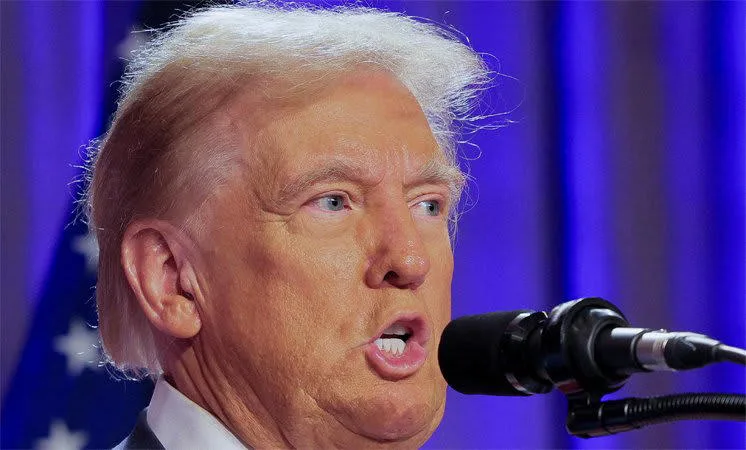US President Trump signs an order, imposing more tariffs on Canada, Mexico and China
Washington- USA
On Saturday, the new President of USA Donald Trump is fulfilling a campaign promise and has signed an order to impose more stiff tariffs on imports from Mexico, Canada and China.
According to the decision, he is raising the prospect of increased prices for American consumers.
Trump declared an economic emergency in order to place duties of 10% on all imports from China and 25% on imports from Mexico and Canada — America’s largest trading partners — except for a 10% rate on Canadian energy, including oil, natural gas and electricity.
The tariffs would go into effect on Tuesday, setting a showdown in North America that could potentially sabotage economic growth.

The White House said Trump’s order also includes a mechanism to escalate the rates if the countries retaliate against the US, as they have threatened. Both Canada and Mexico have plans, if needed, to impose their own tariffs in response.
The Trump administration put the tariffs in place to force the three countries to stop the spread and manufacturing of fentanyl, in addition to pressuring Canada and Mexico to limit any illegal immigration into the United States.
Trump is honoring promises at the core of his economic and national security philosophy
The Republican president is making a major political bet that his actions will not worsen inflation or cause financial aftershocks that could destabilize the worldwide economy or provoke a voter backlash.
With the tariffs, Trump is honoring promises at the core of his economic and national security philosophy. However, the announcement showed his seriousness regarding the issue, as some Trump allies had played down the threat of higher import taxes as mere negotiating tactics.
The president is preparing more import taxes in a sign that tariffs will be an ongoing part of his second term. On Friday, he mentioned imported computer chips, steel, oil and natural gas, as well as against copper, pharmaceutical drugs and imports from the European Union — moves that could essentially pit the US against much of the global economy.
